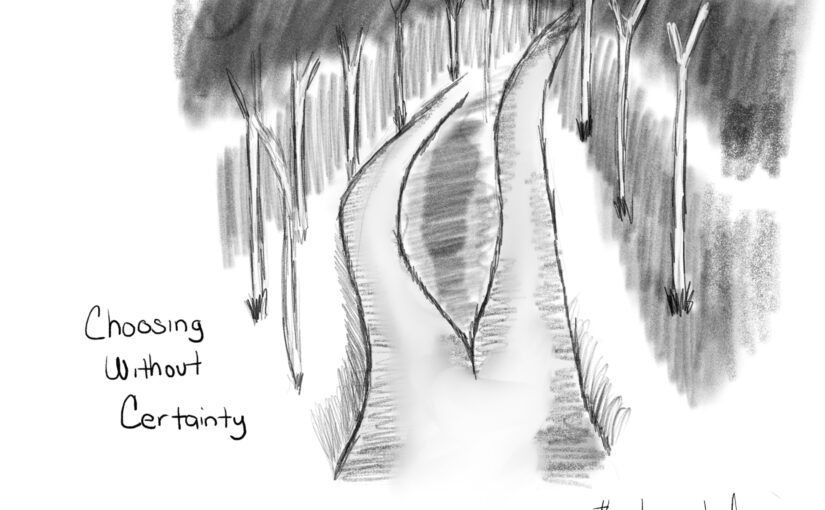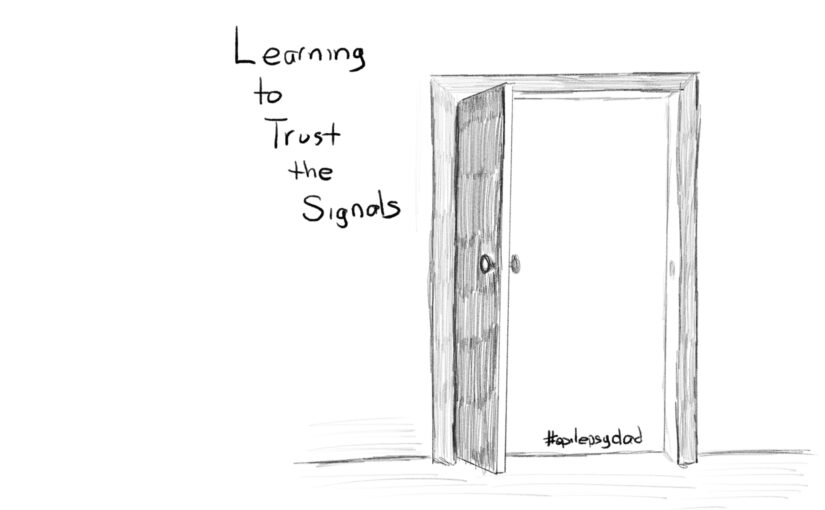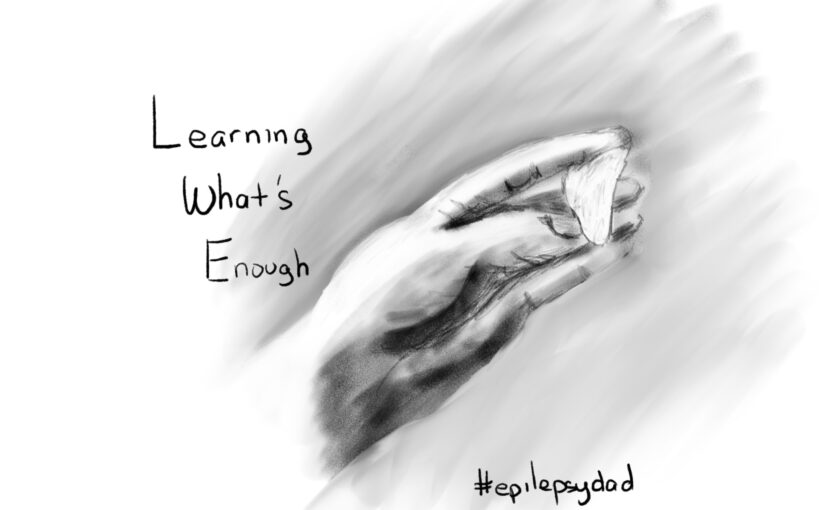I used to wait until I was sure.
Certainty felt like responsibility. It felt like proof that I had thought things through far enough to move without regret. If I could explain a decision, if I could justify it to myself and to others, then it felt safe to act.
That approach worked when life moved more slowly. When the variables were limited. When waiting did not carry much cost.
That is not where things are now.
A lot is already in motion. Some of it by choice, some of it not. Changes are unfolding that do not pause while I gather clarity, and waiting for certainty no longer feels responsible. It feels like standing still while the ground continues to shift beneath me.
What has been hardest to accept is that staying put is not neutral.
Indecision has consequences too. Not dramatic ones most of the time, but quieter ones that accumulate. Lost momentum. Lingering tension. The constant effort of holding everything in place while pretending nothing has changed yet.
Choosing without certainty looks different than I expected.
It is not decisive or confident, and it does not arrive with relief. Most of the choices I am making now are small and provisional. They are for-now choices, decisions that can be revisited, adjusted, or undone if needed. They do not try to solve everything at once.
I am choosing when to stop instead of always pushing through. I am choosing not to answer every question immediately. I am choosing direction over destination, and movement over mastery. I am choosing what is survivable over what is optimal.
That is a shift for me.
I used to believe the right choice would feel solid, that it would quiet the noise and settle the uncertainty. Now I am learning that sometimes the right choice simply reduces the pressure enough to keep moving.
Right does not mean permanent. It does not mean perfect. It means proportionate to the moment I am in.
I still want certainty. I still look for it. Old habits do not disappear quietly. But I am learning to move without certainty when I have to, to trust the information I have, to respect my limits, and to accept that clarity often follows action rather than preceding it.
I do not know where these choices lead. I do not have a clean narrative arc or a clear end point in mind.
I just know that standing still is not an option anymore.
So I am choosing without certainty. Not because I am ready, but because movement, imperfect and reversible, has become the most honest response to a life that is already changing.
For now, that is enough direction.


